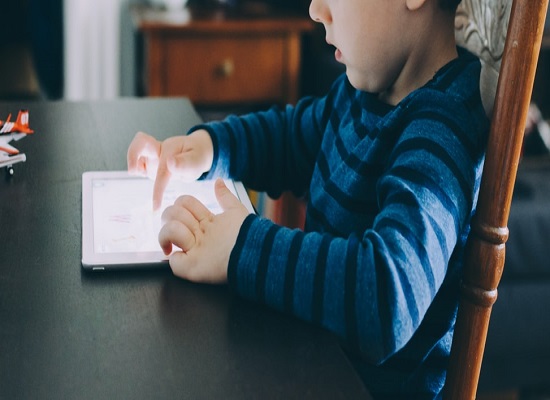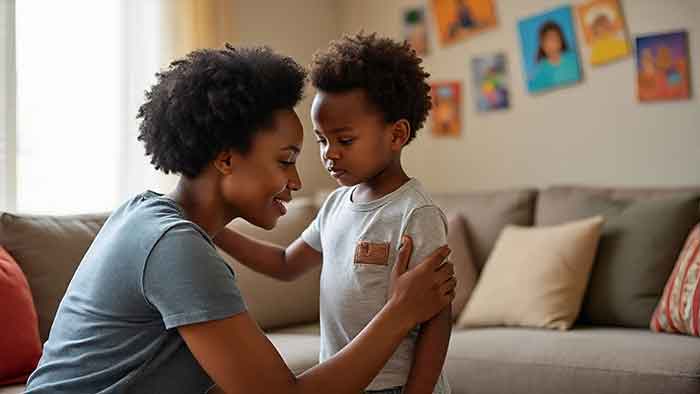
Fabmums, keeping toddlers entertained indoors without relying on screens can be challenging, but it can also be an excellent opportunity to encourage creativity, learning, and physical activity. Below are ten simple screen time alternatives and fun indoor activities to keep your little ones engaged and lower:
1. Building With Blocks
Building blocks promote quality family time.
Playing building block games enhances creativity, motor skills, spatial awareness, and creativity in children.
2. Arts And Crafts
Keep your toddler busy when you set up a table with paper, crayons, markers, glue, and stickers.
Let them scribble and paint. It’s fun for them, but be ready for the mess that comes with it.
Arts and crafts are not just about fun, they are about boosting your child’s creativity, fine motor skills, and self-expression, giving you a sense of pride in their growth.
3. Storytime
Read books together or create your own stories using picture books for you to keep them busy.
The benefits are that it helps them to develop language skills, imagination, and a love for reading.
4. Music Or Dance Party
Play some fun music and encourage your toddler to dance and move to it.
This will promote physical activity, coordination, and rhythm.
5. Puzzles As Screen Time Alternatives
Provide age-appropriate puzzles with large pieces for your kids.
Forget about the virtual puzzle for the moment. This physical activity helps improve problem-solving skills, hand-eye coordination, and patience.
6. Cooking Together
While you’re in the kitchen, involve your toddler in simple cooking tasks like stirring, pouring, and mixing.
This will teach basic cooking skills, follow instructions, and introduce new textures and tastes.
7. Indoor Scavenger Hunt
This one is fun, too. Create a list of items for your toddler to find around the house, such as a red toy, a book, or a spoon and ask them to scavenge for them.
Have You Read: How to manage,control your child’s screen time
These activities keep your toddler entertained and contribute to their physical, cognitive, and emotional development.
Get more parenting resources here



